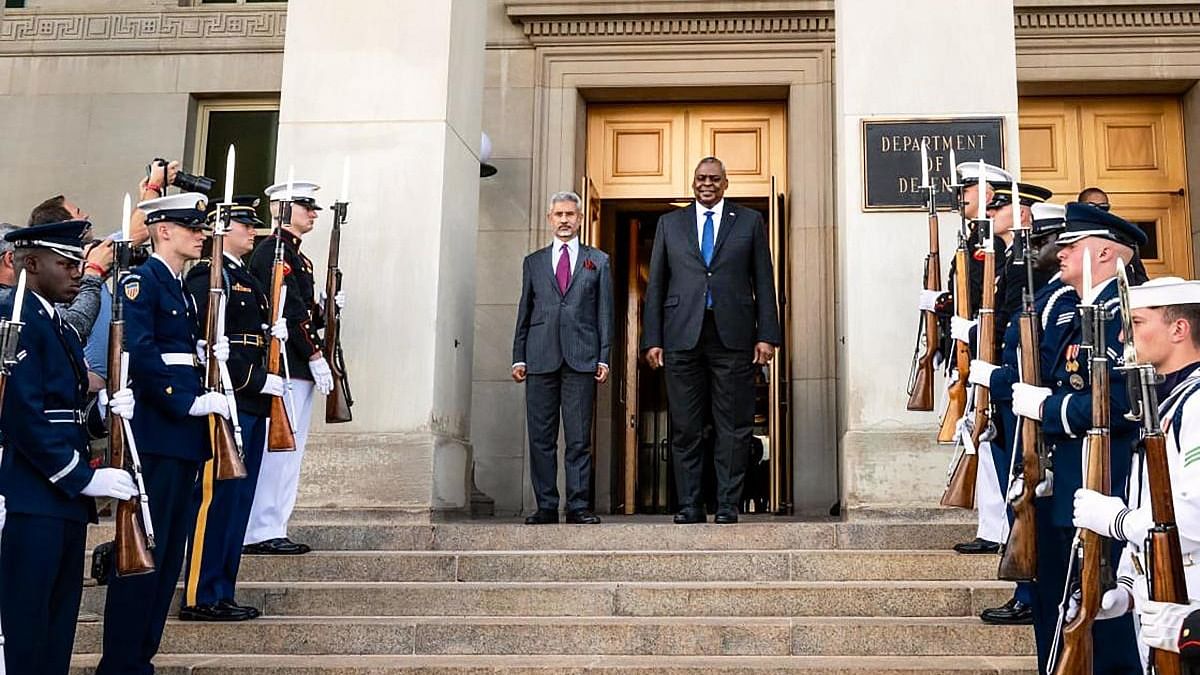
After External Affairs Minister S Jaishankar advised the US to conduct a cost-benefit analysis of its ties with Pakistan, the Biden administration stressed that both India and Pakistan are partners and its relations with each of them stood on its own.
The remarks are being seen as a bid to soothe ruffled feathers in India, which is peeved over a $450-million US package to refit F-16 fighter jets of the Pakistan Air Force (PAF).
US Secretary of State Antony Blinken had a meeting with Pakistani Foreign Minister Bilawal Bhutto Zardari in Washington and emphasised that Pakistan should have “a responsible relationship” with India.
“These (India and Pakistan) are both partners of ours with different points of emphasis in each," US State Department spokesperson Ned Price told journalists.
"We look to both as partners because we do have in many cases shared values, we do have in many cases shared interests. And, the relationship we have with India stands on its own; the relationship we have with Pakistan stands on its own.”
Price was replying to a question on the Biden administration’s response to Jaishankar’s comment on Monday that the US-Pakistan relations had not served the interests of the two nations.
Defense Secretary Lloyd Austin met Jaishankar and said that India and the US were taking significant steps to deepen defence cooperation.
“Today, we are positioning the US and Indian militaries to operate and coordinate more closely together than ever," Austin said, noting that the armed forces of India and the US were enhancing interoperability. He also added that India had already purchased Apache and Seahawk helicopters and had expressed interest in “other US defence capabilities”.
“Defence and Security cooperation is a key pillar of the contemporary India-US partnership. We noted the steady progress in policy exchange, interoperability, defence trade, service exercises and military-industrial cooperation,” Jaishankar tweeted after meeting Austin.
The External Affairs Minister also added that he and the US Secretary of State exchanged views on the Russia-Ukraine conflict, developments in the Indo-Pacific, maritime challenges and the regional issues.
